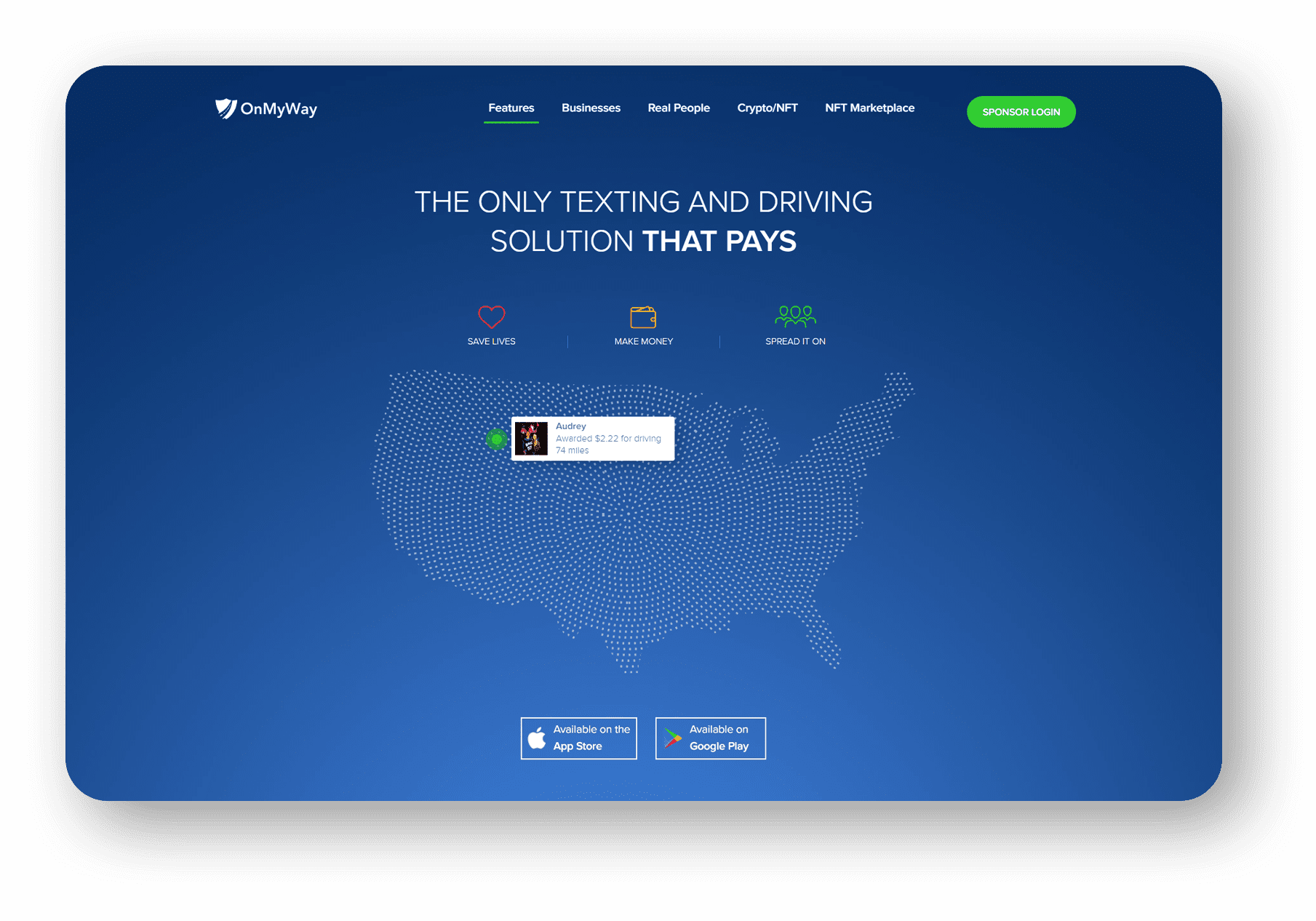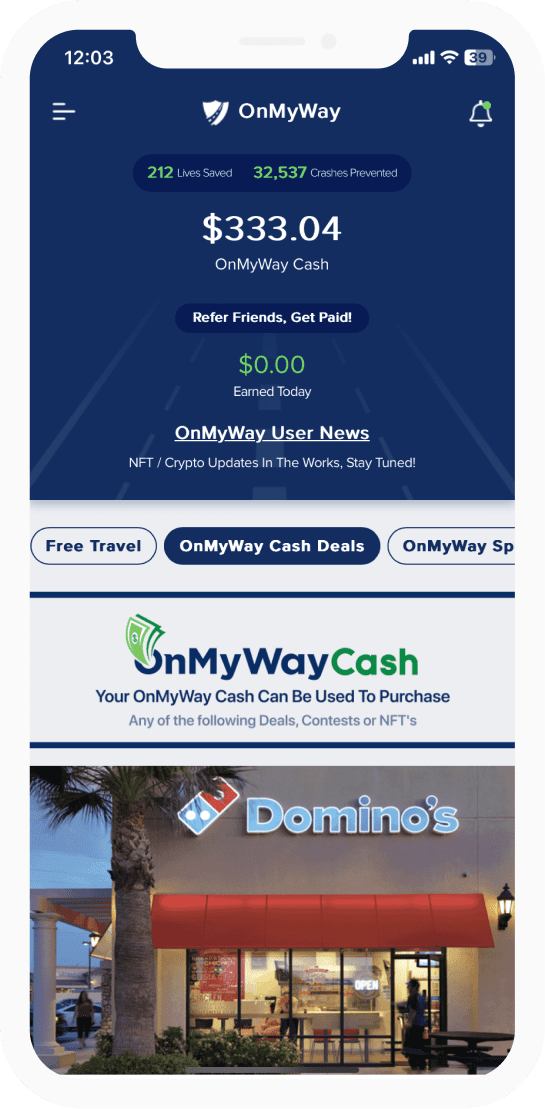
After GOP House negotiators bailed on U.S. debt ceiling talks on Friday, around two-thirds of the Congressional Progressive Caucus urged President Joe Biden to “invoke his constitutional authority granted in the 14th Amendment” in order “to end Republican hostage-taking of the economy that could trigger a financial catastrophe.”
Led by Congressional Progressive Caucus (CPC) Chair Pramila Jayapal (D-Wash.), Deputy Chair Ilhan Omar (D-Minn.), and Whip Greg Casar (D-Texas), 66 CPC members sent Biden a letter noting the “unremitting efforts by congressional Republicans to hold the economic health of our nation hostage,” and calling on him to “fulfill the executive’s constitutional duty to faithfully and impartially administer the funds already enacted by law at the direction of Congress.”
The letter—which follows a similar call from some Senate Democrats and Sen. Bernie Sanders (I-Vt.)—cites Section 4 of the 14th Amendment, which states that “the validity of the public debt of the United States shall not be questioned.”
Biden said earlier this month that he has been “considering” invoking the 14th Amendment, “but the problem is, it would have to be litigated,” and “I don’t think that solves our problem now.”
“Congressional Republicans who now refuse to pass a clean debt ceiling increase voted on three separate occasions under President Donald Trump to raise the debt ceiling without any preconditions or extraneous, harmful policies attached,” the lawmakers noted. “They now threaten the full faith and credit of the United States, which Treasury Secretary [Janet] Yellen warned would ‘produce an economic and financial catastrophe’ and could occur as soon as June 1.”
The letter points out that although House Speaker Kevin McCarthy (R-Calif.) “stated that ‘the greatest threat to our future is our national debt,’ he led House Republicans in passing the ‘Limit, Save, Grow Act,’ which rescinds funding for Internal Revenue Service enforcement against tax evasion by wealthy individuals, which would increase the deficit by nearly $500 billion over the next 10 years.”
The thing is, the 14th Amendment option is in court, right now. There’s a complaint and a docket and everything. If that case could be decided ahead of time, there would be no legal chaos. But the plaintiffs in that case appear to have neglected to file in such a way that would lead to rapid action, which some have called a form of legal malpractice.
Let’s look at what White House officials are saying about the 14th Amendment option. Their first rebuttal is bizarre: Apparently, some people in the White House have said that the 14th Amendment only lets the executive make debt payments, and not other ones. The example given was that it wouldn’t help with Social Security payments.
First of all, that’s a terrible example. Social Security is an off-budget vehicle with a dedicated, weekly funding source that is not at all tied to the debt ceiling. There is even surplus cash, legally required to go to Social Security, sitting in a trust fund in the form of bonds. “The money from the designated tax would presumably not be at issue,” said economist Dean Baker. “With the bonds, it seems the 14th Amendment absolutely would say that the money would be paid.” In addition, a 1996 law allows the government to pay down the Medicare and Social Security trust funds until the debt ceiling is increased.
Because the Treasury sends the actual payments, the only issue might be if their staff is furloughed and nobody can run the computers, though much of the functions of those payments are automatic.
Second, arguing that Social Security was just used as a poor example of how the 14th Amendment only protects debt service and not all the other payments depends on a tortured reading of the word “public debt,” Baker said. “Arguably every legal commitment to spend creates a debt. For example, if a payment is due to a military contractor, that is a debt. Certainly, that is how it is seen in bankruptcy law.” Also, the whole point of the 14th Amendment idea is that if public debt must be repaid, then the president can keep borrowing and repay that debt. Therefore, money would be available for other obligations.
The White House is not a monolith, but a place where thousands of people work, and there are lots of opinions, not just one. So it’s probably best to just take the words of the president himself. Last week, he said that, while he was considering the 14th Amendment, “the problem is it would have to be litigated. And in the meantime, without an extension, it would still end up in the same place.”
In other words, if the president, faced with the impossible task of violating the Constitution or violating federal law, sides with the Constitution, and invokes the 14th, then conservative groups sue him over doing so, running to their pet courts in Texas to get an injunction, and we hit the debt ceiling anyway, with all the attendant chaos. I’ve heard arguments that this would at least partially exempt House Republicans in the post-default blame game.
It would be good, then, if there were already a case working through the courts, arguing that the debt ceiling statute is unconstitutional because, when reached, it forces the president to break the law. Fortunately, there is just such a case, and it was filed on May 8.
I wrote last week that the National Association of Government Employees, which is affiliated with SEIU, filed that case, arguing that their members were at risk of being furloughed or fired if the debt ceiling was hit. There are arguments as to whether, because the government might have other options (minting a trillion-dollar coin, or selling “premium bonds” with no face value), the debt ceiling statute truly creates this dilemma on the executive branch.
But it would be good to know that answer now! That way, the legal murkiness would be lifted, and everyone could have a sense of the options. The quickest way to do this would be for NAGE to seek a temporary restraining order or preliminary injunction. That would force Judge Richard G. Stearns to take rapid action, which is necessary, with the debt ceiling just days away from being reached.
Inexplicably, the plaintiffs did not file a motion for a TRO or preliminary injunction. As a result, this case which could clear up the legal quagmire that Biden says is preventing him from invoking the 14th Amendment—has seen no action in the week and a half since it’s been filed, with less than two weeks to go until the X-date.
I asked Thomas Geoghegan, one of the attorneys in the case, why they didn’t file for fast-moving relief. “As a general rule our firm does not comment on ongoing cases in which we are counsel,” he responded.
Maybe NAGE doesn’t think it could win such a case until the debt limit was hit; anticipatory rulings aren’t often the judiciary’s thing. But there is real chaos going on in financial markets right now as a result of the failure to raise the debt ceiling. One month Treasury bill yields have skyrocketed; anyone trying to trade that bond will have to give up more for it, causing a real financial loss.
“We write to urgently request that you prepare to exercise your authority under the 14th Amendment of the Constitution, which clearly states: ‘the validity of the public debt of the United State shall not be questioned,’” the Democrats wrote.
Experts have warned that invoking the 14th Amendment would likely spark a constitutional crisis and Treasury Secretary Janet Yellen recently cast doubt on the idea.
US markets turned negative on Friday on news that debt ceiling negotiations between the White House and House Republicans have hit a snag.
“We urge you to ready the use of all possible measures at your disposal — including preparing to invoke the Constitution’s 14th Amendment,” the 65 members of the Congressional Progressive Caucus wrote in a Friday letter that warned Biden against “surrendering” to the GOP’s demands. “Stay strong in your resolve to keep Democrats united behind our core democratic values and refuse to reward Republicans’ reckless refusal to raise the debt ceiling without preconditions.”
The letter led by CPC Chair Rep. Pramila Jayapal (D-Wash.) came a day after 11 Senate Democrats issued a call of their own for the White House to weigh the 14th Amendment, writing that GOP demands for concessions on spending — and their opposition to any tax increases — have “made it seemingly impossible to enact a bipartisan budget deal.”
“This is a hostage taking,” said Sen. Jeff Merkley (D-Ore.). “The president has a mechanism to push back. He has the 14th Amendment.”
The letter comes as Republican negotiators indicated that bipartisan talks to resolve the nation’s debt limit fight had hit a roadblock on Friday — and blamed the White House.
Speaker Kevin McCarthy (R-Calif.) said the negotiations were on pause, claiming the other side failed to make adequate concessions on spending cuts.
“We’ve got to get movement by the White House, and we don’t have any movement yet. So, yeah, we’ve gotta pause,” McCarthy said.
OVERVIEW
OnMyWay Is The #1 Distracted Driving Mobile App In The Nation!
OnMyWay, based in Charleston, SC, The Only Mobile App That Pays its Users Not to Text and Drive.
The #1 cause of death among young adults ages 16-27 is Car Accidents, with the majority related to Distracted Driving.
OnMyWay’s mission is to reverse this epidemic through positive rewards. Users get paid for every mile they do not text and drive and can refer their friends to get compensated for them as well.
The money earned can then be used for Cash Cards, Gift Cards, Travel Deals and Much, Much More….
The company also makes it a point to let users know that OnMyWay does NOT sell users data and only tracks them for purposes of providing a better experience while using the app.
The OnMyWay app is free to download and is currently available on both the App Store for iPhones and Google Play for Android @ OnMyWay; Drive Safe, Get Paid.
Download App Now – https://r.onmyway.com
Sponsors and advertisers can contact the company directly through their website @ www.onmyway.com











